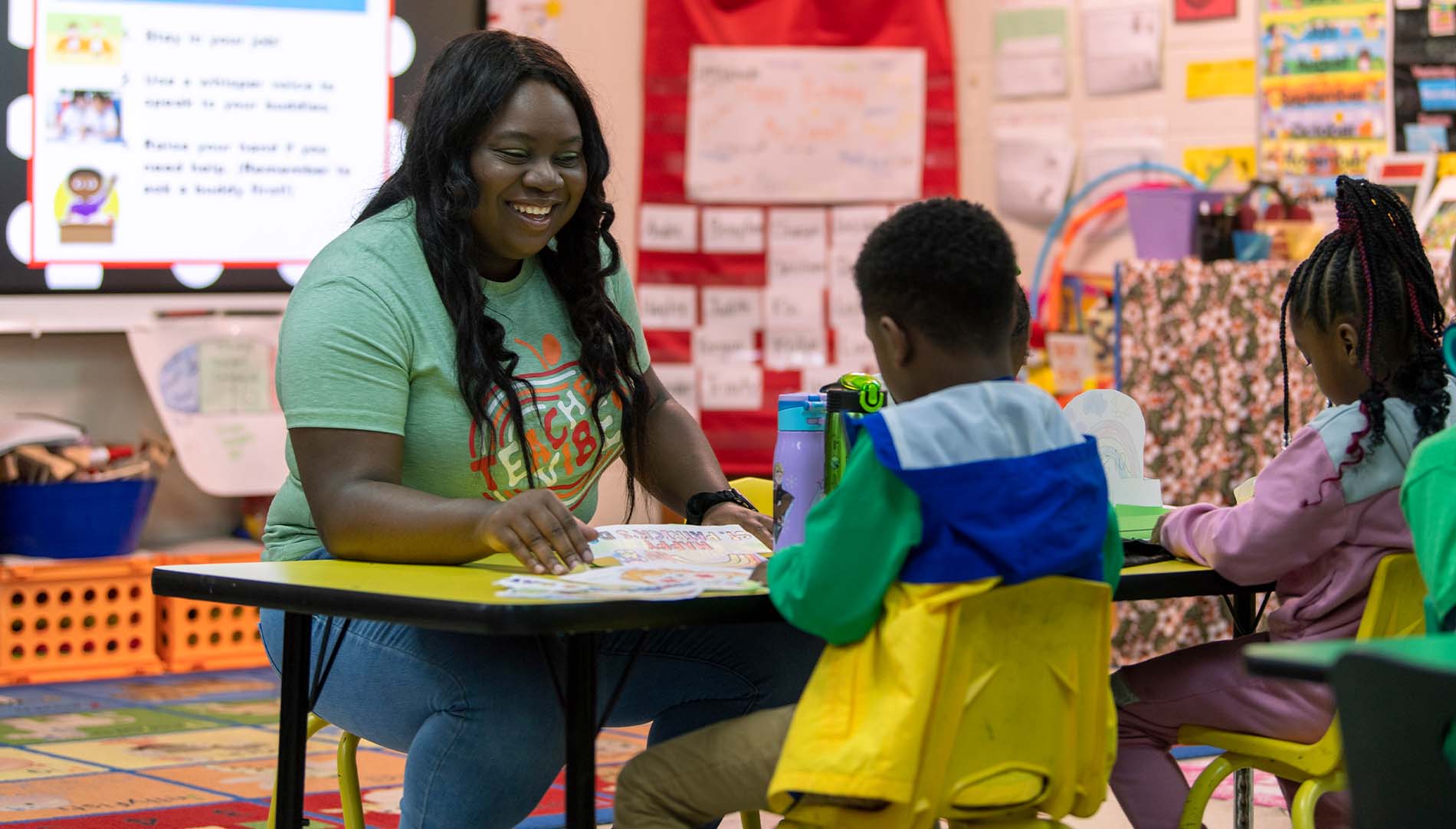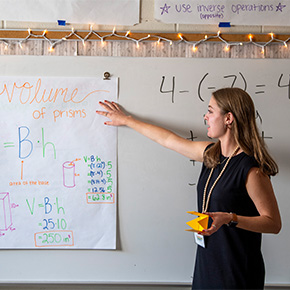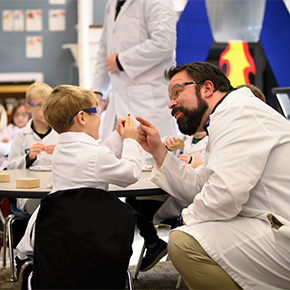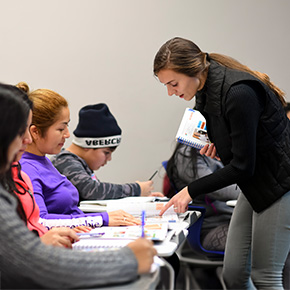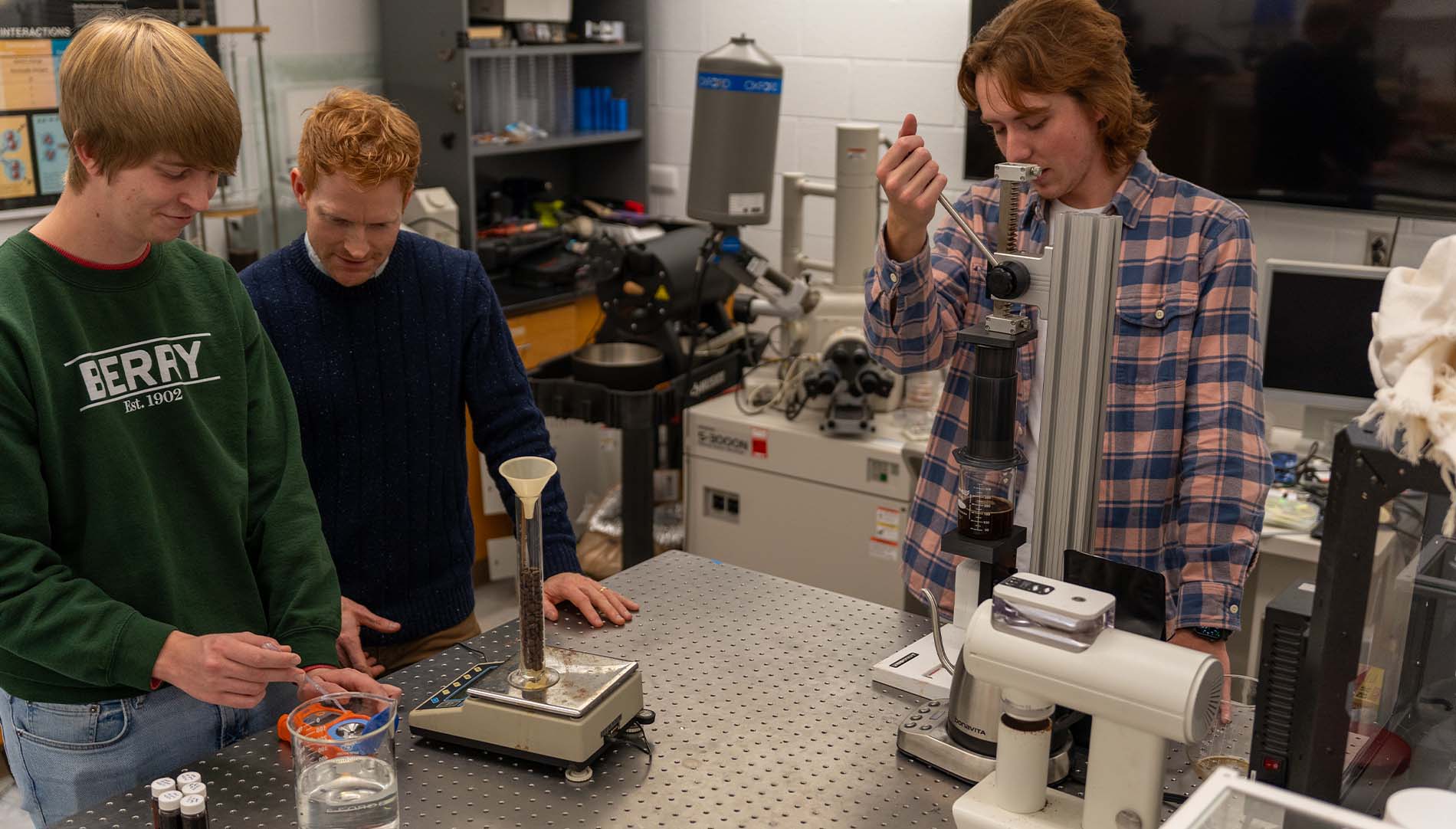Connecting Theory with Practice
One of the most impactful moments for any student is learning a concept and then seeing it applied in practice. For education majors, witnessing teachers implement the ideas they are studying in the real world reinforces their learning. It also helps them build confidence. As they watch and learn, they develop familiarity with classroom management strategies or lesson pacing depending on the settings or observation ages. Student teachers also begin to form their teaching philosophies or the approaches they might take in the future.
Describing this experience, Bryson Smith, a second-grade teacher at West End Elementary in Rome, Georgia, says, “I’m beyond thankful that I experienced a variety of educational settings. Having multiple field experiences throughout my undergrad program allowed me to observe different grade levels, subjects and teaching styles/personalities. The exposure helped me begin my journey creating a classroom. I already had a repertoire of different styles built up to try that first year. It’s crucial that teachers give themselves the opportunity to explore different grades and school communities, as it will give them a head start in choosing the school that's their best fit.”
Taking on Responsibility
With four years of classroom experience, education majors receive a scaffolded approach to becoming a teacher. As future teachers gain confidence and skills, their professors, classroom teachers or mentors can gradually reduce their support, allowing them to do more in the classroom independently. Rather than learning to share knowledge while also controlling a room full of children, they step into responsibility confidently. Typically, student teachers may start with observation, then move on to assisting classroom teachers and eventually lead a lesson or a small group.
Jill Cochran, director of teacher education at Berry, says, “Teaching initially feels more natural to some people. But with the classroom experience gained in our program, all students make the transition to full-time teaching with confidence. I have had principals remark that our recent graduates act more like second-year teachers in their first year because of their significant classroom experience.”
Adding Opportunity for Scholarships, Grants and Research
